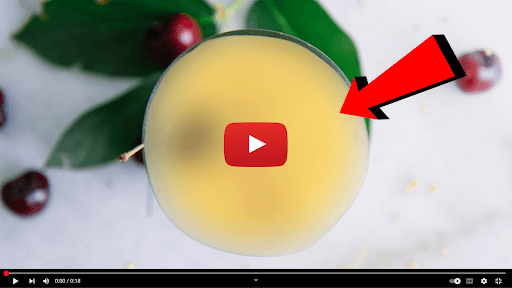Doctors Advise: These Fruits Do Not Increase Glucose Diabetics Can Eat Them!
Your life takes a significant turn when your blood sugar levels spike. You end up feeling tired, your energy dwindles, and naturally, you get worried about what's going to happen in the next few hours. As allergies and diabetes hit alarming rates, there seems to be an associated danger with almost every consumable item, especially when safer and more natural alternatives seem elusive after trying many diets, medications, and even medical equipment.
Have you considered that fruits might be the solution? Specifically, fruits that could lower blood sugar levels swiftly and naturally, steering clear of more severe health issues.
Plums hold powerful anti-diabetic properties despite their simplicity in appearance. If you're struggling with the ups and downs of glucose management, plums could be your missing link. This humble fruit, high in fiber with a low glycemic index, aids in slowing carbohydrate entry into the bloodstream, thus preventing sugar spikes.
"Plums are a delightful natural solution to help control your blood sugar levels."
Consume them either dried or fresh to enjoy their full benefits without stretching your budget or overwhelming your schedule. Packed with vitamins and antioxidants, they offer a gratifying sense of fullness, deter sugar cravings, and support intestinal health—factors crucial for glucose stability.
Blueberries tackle the issue of persistent blood sugar fluctuations head-on. They contain high levels of fiber, essential vitamins, and antioxidants, all of which work in harmony to stabilize blood sugar.
- Low glycemic index allows gradual sugar release.
- Simple to incorporate into meals.
Whether added to oatmeal, yogurt, or smoothies, their consumption is ensured to be simple, enjoyable, and effective.
Known widely for their creamy texture and healthy fats, avocados emerge as a beacon for stabilizing blood sugar levels due to their low carbohydrate nature and high monounsaturated fat content. They're a filling choice for between meals, keeping glucose flow steady, avoiding sugar spikes.
Strawberries serve as a vibrant and beneficial choice for blood sugar control, thanks to their low glycemic index and high fiber. They aid in controlled sugar absorption, preventing the typical spikes related to sweet consumption.
Apples are readily accessible and reasonable, similar to cherries in function—their antioxidant and fiber-rich blend shields against sugar spikes.
Pears concentrate on slow sugar and energy release. Their adaptability, whether raw or cooked, adds them to the list of suitable, year-round fruits for blood sugar maintenance.
"Even small adjustments with fruit need time to yield big impacts on managing blood sugar."
Grapefruit outperforms not only in promoting weight loss but significantly assists in maintaining regulated blood sugar due to a naturally high fiber content and a unique compound, Naringin, promising significant impacts on insulin sensitivity and regulation.
Ingesting just half of this fruit before meals effectively reinforces your health, boosting metabolic activity and cellular health while supporting immune strength.
Understanding the advantage various fruits offer in maintaining optimal blood sugar opens pathways toward richer, consistent health—it’s about blending them into daily routines effectively and naturally. Explore affordable health through freely available guides tailored to sustain manageable blood sugar through rich, flavorful eating habits.
From Around The Web
Wellness Inbox is a blog & weekly newsletter that curates trending news and products related to health and wellness from around the web. We also gather content from various sources, including leading health professionals, and deliver it directly to you.
Please note that we may receive compensation if you purchase any products featured in our newsletter. Wellness Inbox is not affiliated with, nor does it endorse, any health professionals whose content may appear in our newsletter. The information provided is for general informational purposes only and should not be considered medical advice.
The information provided is not intended to replace professional medical advice, diagnosis, or treatment. All content, including text, graphics, images, and information available is for general informational purposes only. We do not guarantee the accuracy or completeness of any information presented and assume no liability for any errors or omissions. The content is subject to change without notice. We encourage you to verify any information with other reliable sources and consult your physician regarding any medical conditions or treatments.







